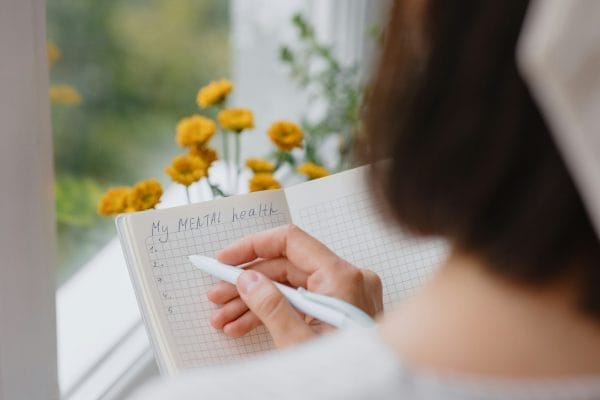Mindfulness: A Guide to Living in the Present
Mindfulness: A Guide to Living in the Present
Blog Article

Mindfulness offers a way to enhance well-being by focusing on the present moment.
Understanding Mindfulness
At its core, mindfulness is about noticing what’s happening in the present moment without resistance.
The concept of mindfulness is inspired by ancient Buddhist traditions but has been adopted in modern psychology and wellness practices.
The Positive Effects of Mindfulness
Practicing mindfulness can lead to a wide range of benefits, including:
- **A Calmer Mind**
Mindfulness trains you to let go of worries, reducing negative emotions.
- **Enhanced Concentration**
Regular mindfulness practice improves concentration, making it easier to complete tasks efficiently.
- **Emotional Regulation**
Mindfulness guides you to manage emotions effectively.
- **Better Sleep Quality**
Mindfulness reduces racing thoughts, making it easier to wake up refreshed.
- **Understanding Your Thoughts and Feelings**
By practicing mindfulness, you develop a deeper understanding of your mental patterns.
How to Practice Mindfulness
Mindfulness can be practiced in different ways. Here are some simple techniques:
1. **Focusing on Your Breath**
Take slow, deep breaths, noticing each inhale and exhale.
2. **Body Scan Meditation**
This practice releases tension.
3. **Savoring Each Bite**
This creates a deeper connection with nourishment.
4. **Mindful Thinking**
Instead of reacting to thoughts, simply acknowledge them and let them go.
5. **Spending Time in Nature**
Nature is a natural mindfulness enhancer, helping you stay present.
Myths About Mindfulness
Despite its widespread practice, mindfulness is often misunderstood. Here are some common myths:
- **You Have to Stop Thinking**
Mindfulness is not about forcing silence, but rather about observing thoughts without judgment.
- **You Need Hours to Practice**
Mindfulness Source can be practiced in moments, even in small habits.
- **You Must Follow a Specific Belief System**
While mindfulness has roots in Buddhism, it is scientifically validated regardless of religion.
Final Thoughts
Start with small steps and observe the positive changes it makes in your daily experience.
Why not start practicing now? Every moment is an opportunity to be present! Report this page